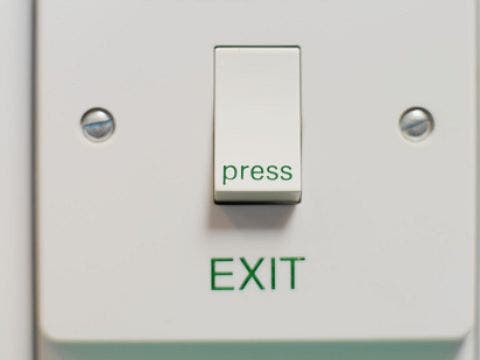Where Does Bullying Start
Thoughts about where and why bullies become bullies.

Parents and Educators have asked me this question again and again, "Where does bullying start?"
As a systems therapist, I find that bullying starts in a child's home environment. Children in aggressive family systems have their feelings consistently invalidated and are themselves bullied by caretakers or siblings.
Perhaps they lack the ability to discern common social cues which others would know its 'time to stop'.
These factors adds up to a person who exhibits lower than average empathy and/or who thinks their needs are more important than others.
Research also shows that the aggressor brain is flooded with all kinds of feel good chemicals... So maybe it's an addiction, too.
Sadly, most of the bullies I work with don’t actually know they are a bully. They perceive themselves as a victim and believe they need to defend their honor – to fight back. The fight back message is supported and repeated at home – “fight back” may be the only advice caregivers offer.
Now, imagine the bully hears again and again how ‘bad’ bullies are. One day at school the counselor tells them they ARE a bully – what can they possibly think about themselves? They think of themselves as a loser, worthless.
Media and schools tell them they can’t act that way, yet, it's all they've ever known. The hidden message they receive is that they are wholly ‘bad’. Is this what we want? For kids to quickly lose hope? If they lose hope, we lose the chance to help them find empathy to stop the aggression cycle.
In my practice, I see kids who really don’t know why they pick on others, and find it very difficult to stop. Regardless of where it beginnings, creating empathy for everyone in the process allows us the freedom to not bully the bully.
Although bullying generally starts at home, we are all required to model empathy and show kids who engage in peer aggression that they have options.

